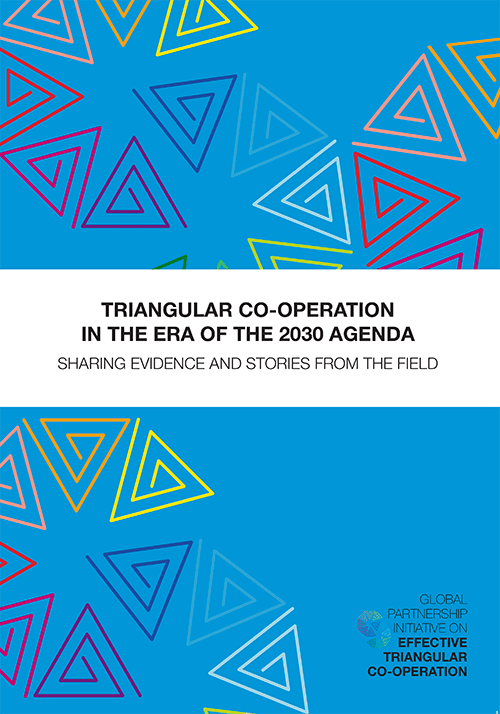|
The objective of the GPI is to bring together different development stakeholders to better situate triangular cooperation in the current development landscape, especially with the growing importance of South-South and triangular cooperation.
The core group includes Canada, Chile, the Ibero American Programme for the Strengthening of South-South Co-operation (PIFCSS), Islamic Development Bank, Japan, Mexico, Organisation for Economic Co-operation and Development (OECD), and the UN Office for South-South Co-operation (UNOSSC).
Since 2016, 50 additional countries, international organisations, civil society organisations, representatives from the private sector, and research institutions have joined the GPI and contributed to its three work streams: advocacy, analytical and operational.
Following the adoption of the BAPA + 40 Outcome Document, where the GPI received an explicit mandate to implement the conclusions, the GPI continues to serve as a global platform for exchange and joint learning on triangular co-operation and aims to pilot its Voluntary Guidelines for Effective Triangular Co-operation.
Watch the video: Global Partnership Initiative on Effective Triangular Cooperation (GPI)
|
